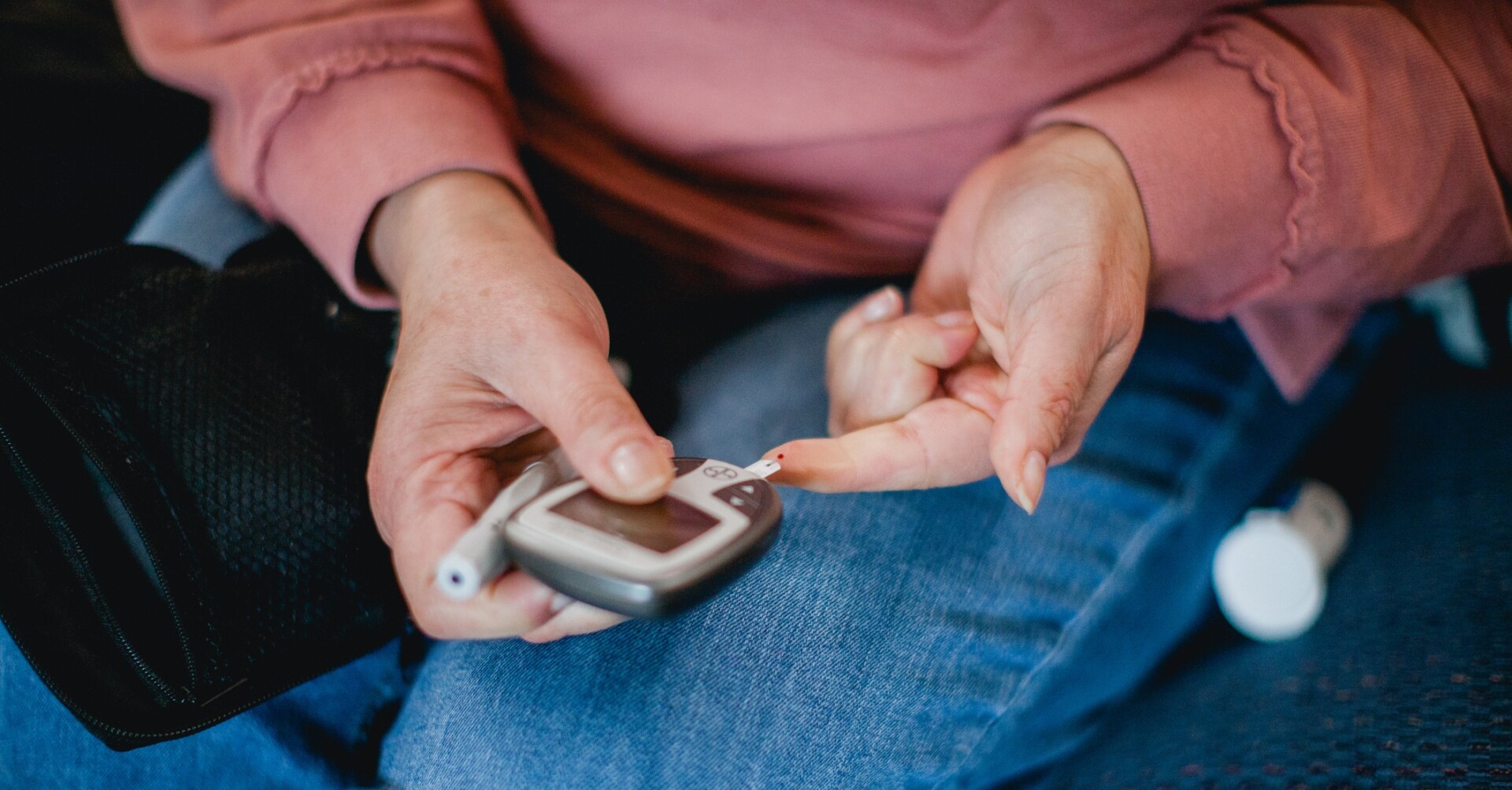Nursing in Practice launches race survey

Nursing in Practice is conducting a survey to learn more about primary care and community nurses’, and midwives’, experiences of race and equality in their workplace over the past 12 months.
The survey runs until 23rd October.
Related Article: Type 2 diabetes draft guideline pledges earlier access to newer treatments
It asks about the five months leading up to the Covid-19 pandemic taking hold in the UK in March this year, and the months since lockdown.
Nursing in Practice editor Emily Twinch said: ‘We want to find out if nurses and midwives have witnessed or suffered racial abuse or discrimination in their workplace before and after Covid-19.
‘We would like to get a broad picture of any issues in the sector, so please take a few moments to response to the survey, which should only take a few minutes.’
Related Article: Only 25% of practice nurses have heard from employer about 2025/26 pay rise
National data revealed in February, Black, Asian and minority ethnic (BAME) nurses are more likely to face discrimination than their white colleagues.
After the Covid-19 pandemic struck, it was reported BAME communities were disproportionately impacted by Covid-19.
Related Article: FtP screening caseload at lowest level in five years, says NMC
Despite this, an RCN survey, published in May, found that BAME nursing staff struggled more than their white counterparts to access vital PPE during the pandemic.
Click here to complete the Nursing in Practice race survey by 23rd October. It should only take around five minutes to answer the questions and gives you the chance to win £100 of John Lewis vouchers.

See how our symptom tool can help you make better sense of patient presentations
Click here to search a symptom





![Menopause: identification and management [NG23]](https://s3-eu-west-2.amazonaws.com/images.nursinginpractice.com/wp-media-folder-nursing-in-practice/wp-content/uploads/2025/03/PULSE-NIP-UPLOAD-BAYER-NICE-MENOPAUSE-A5-HANDBOOK.jpg)
